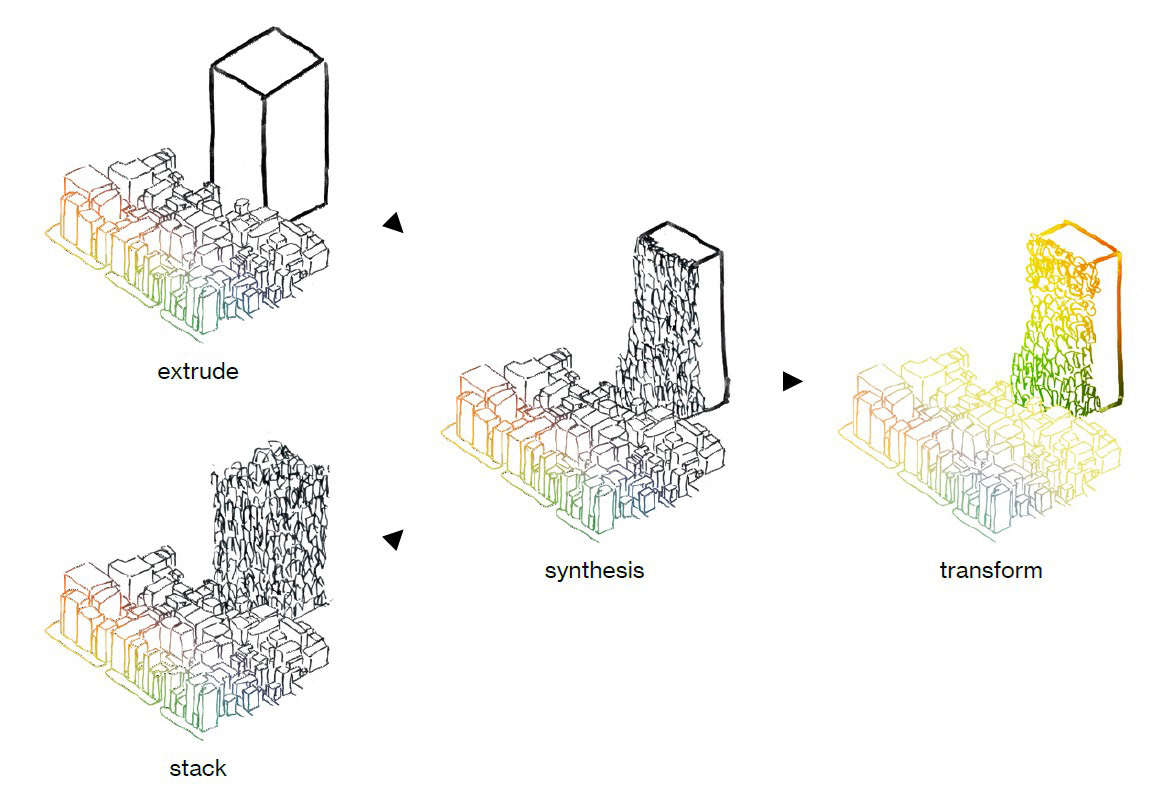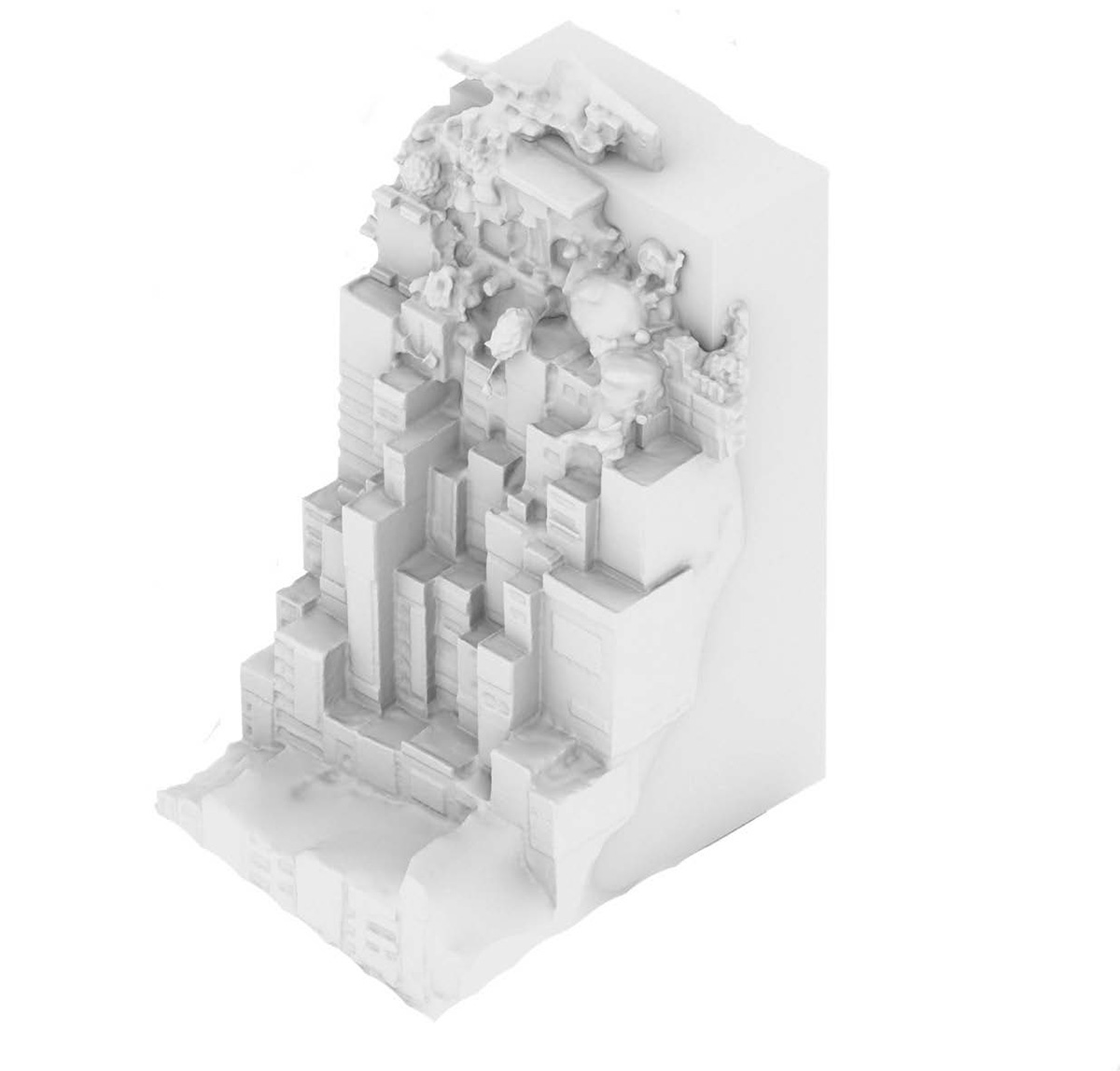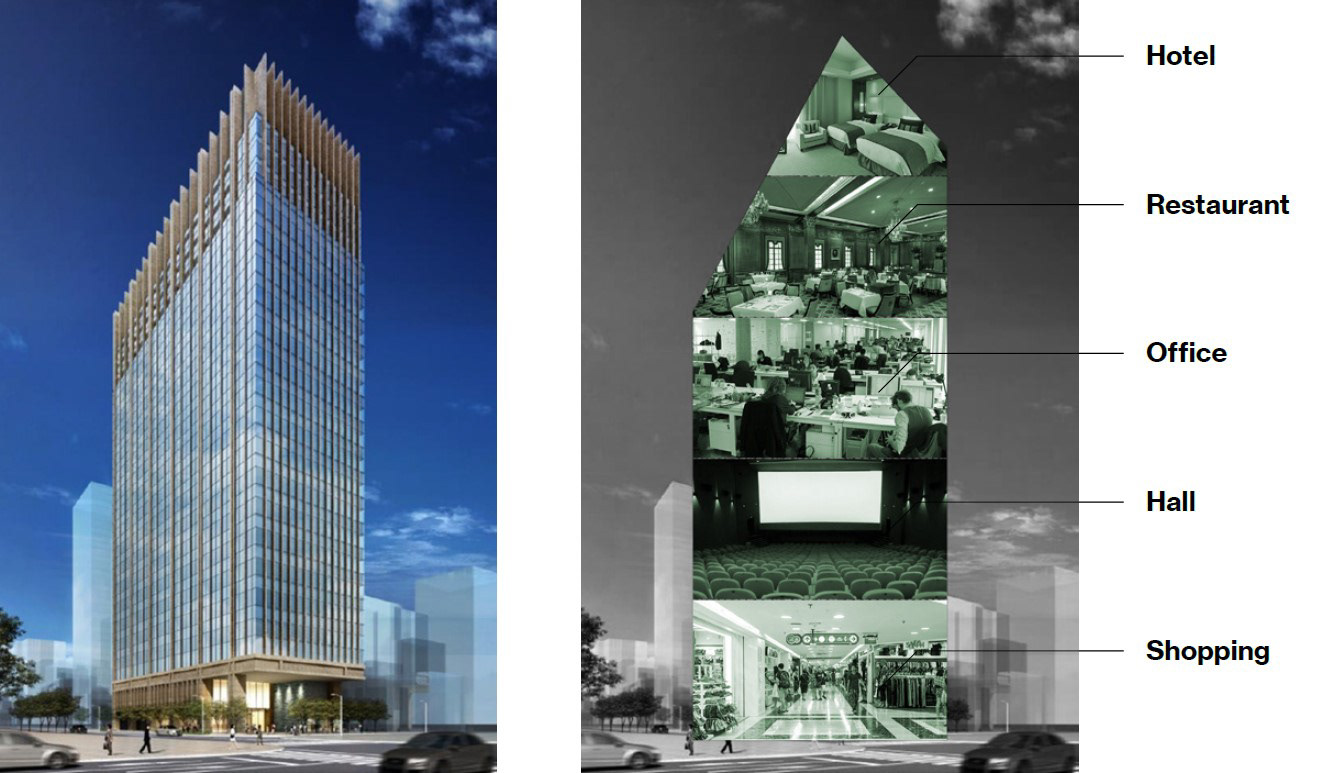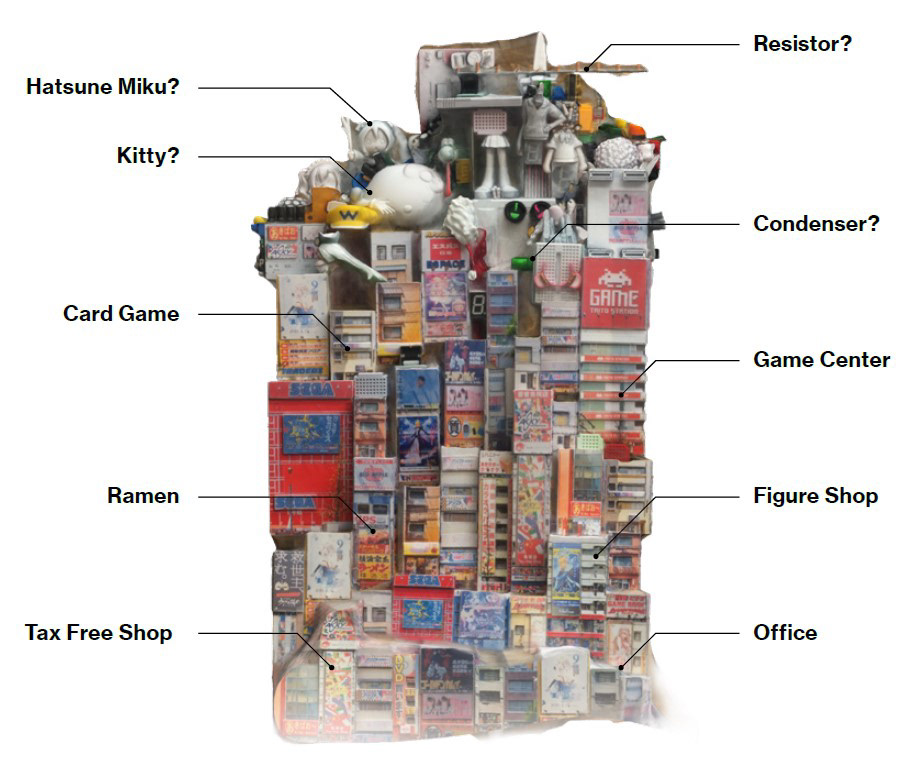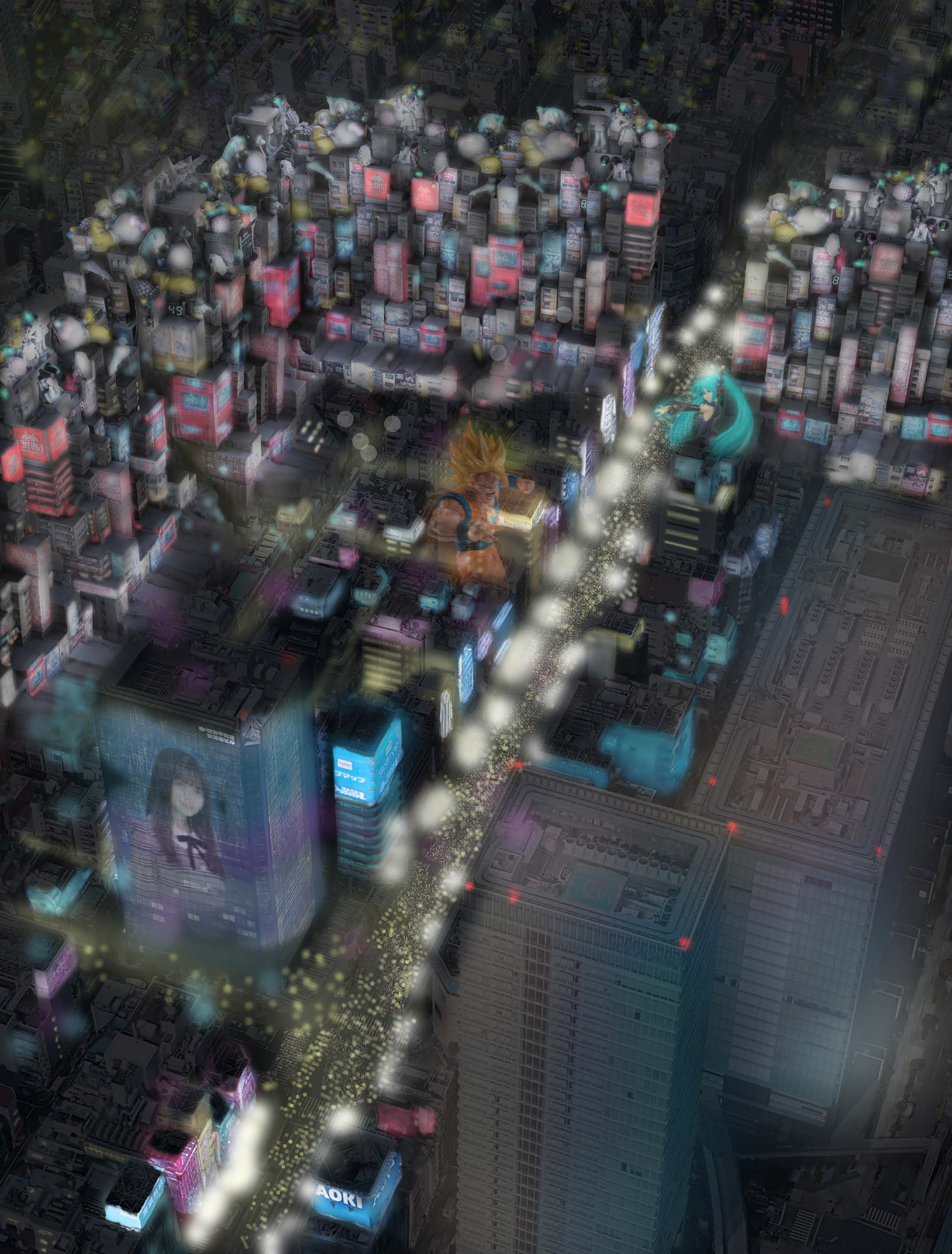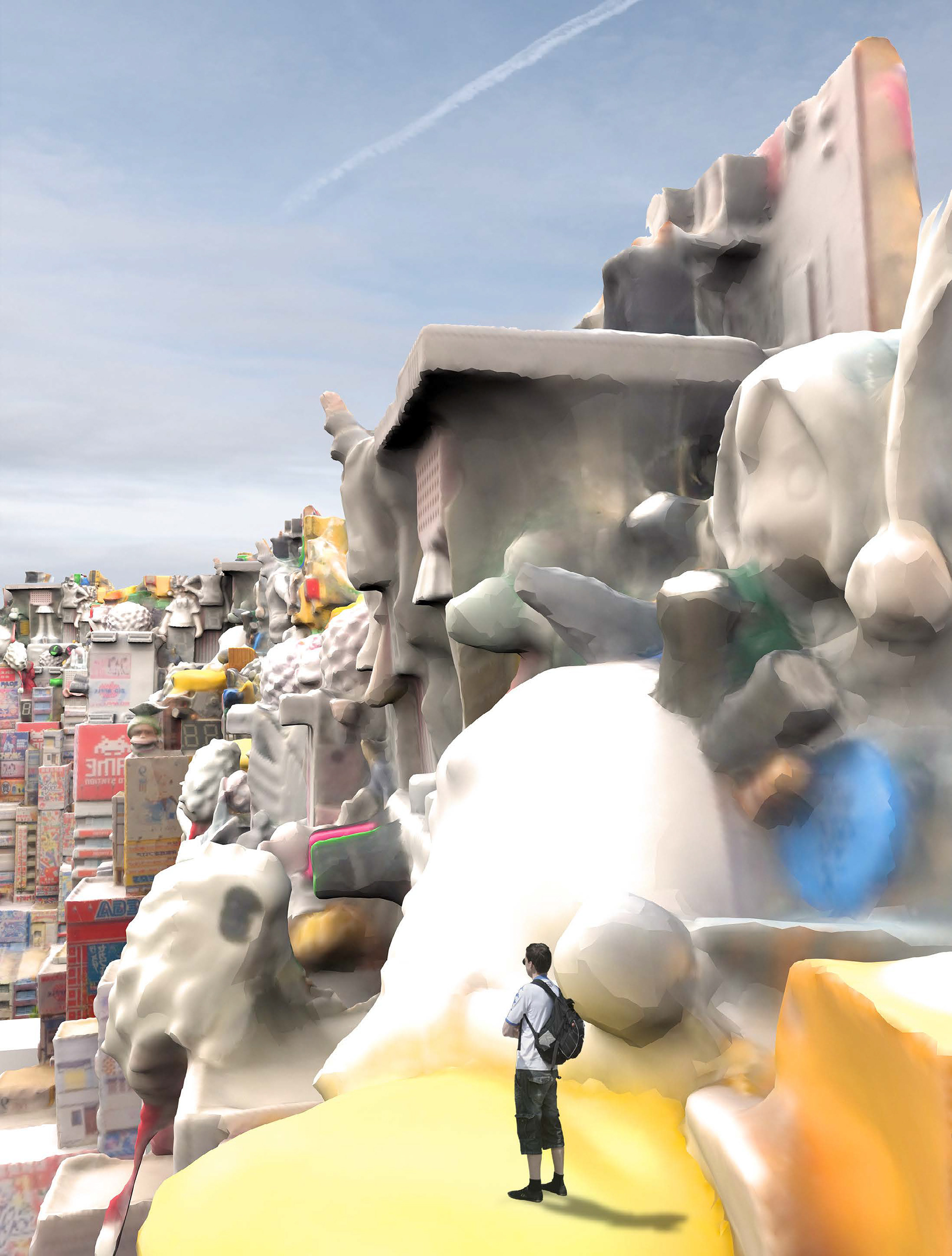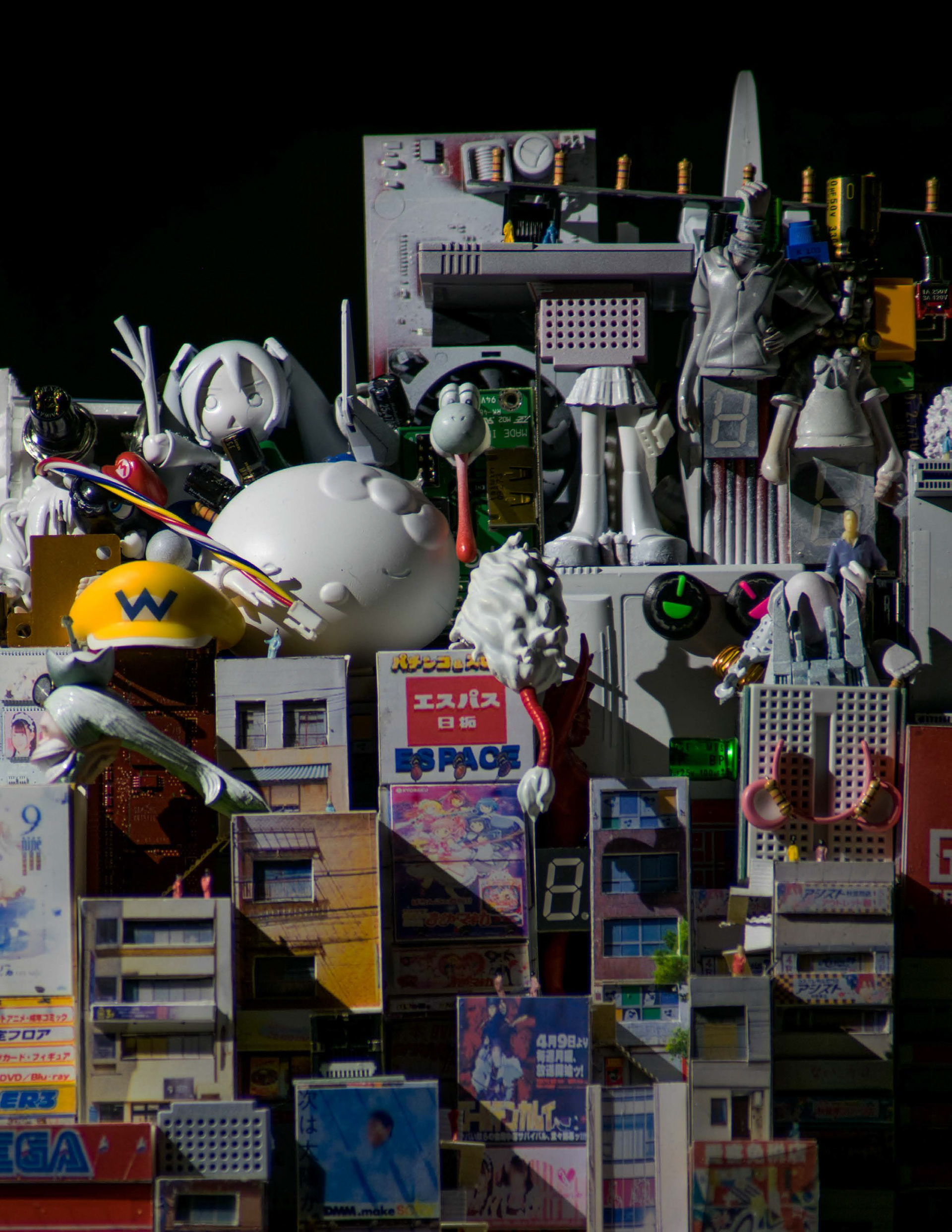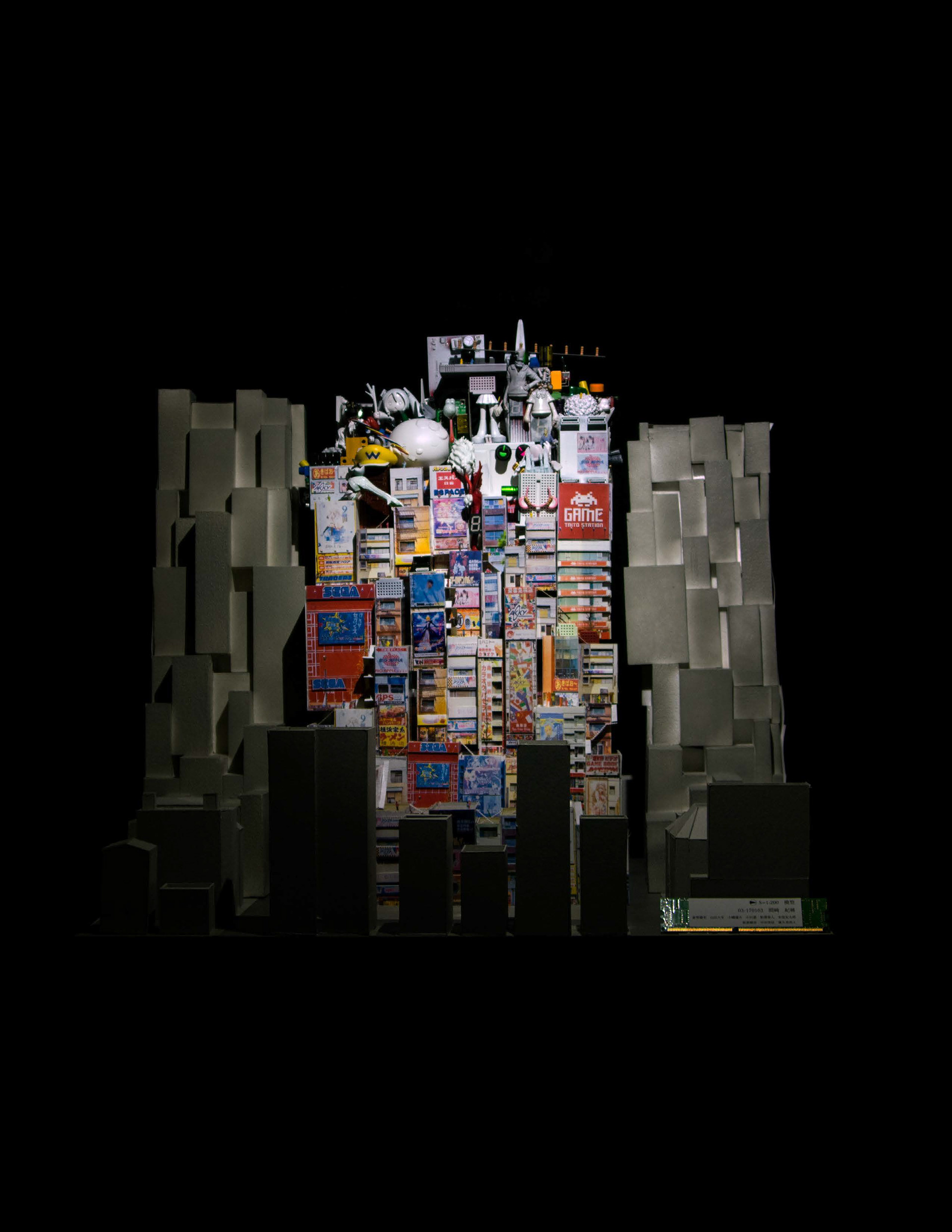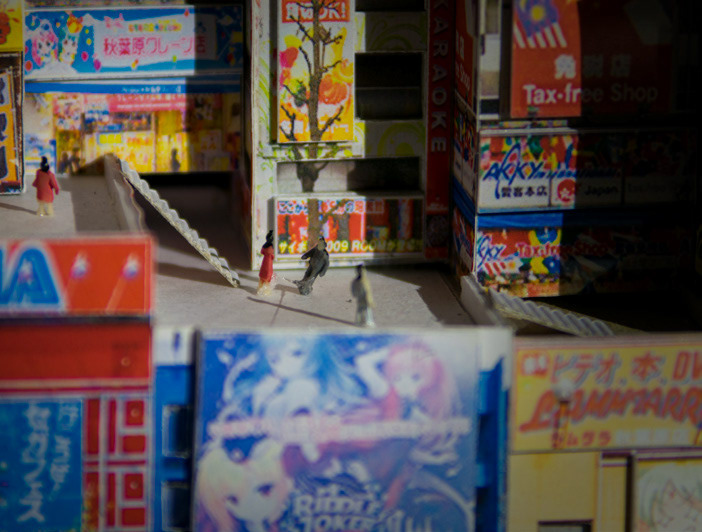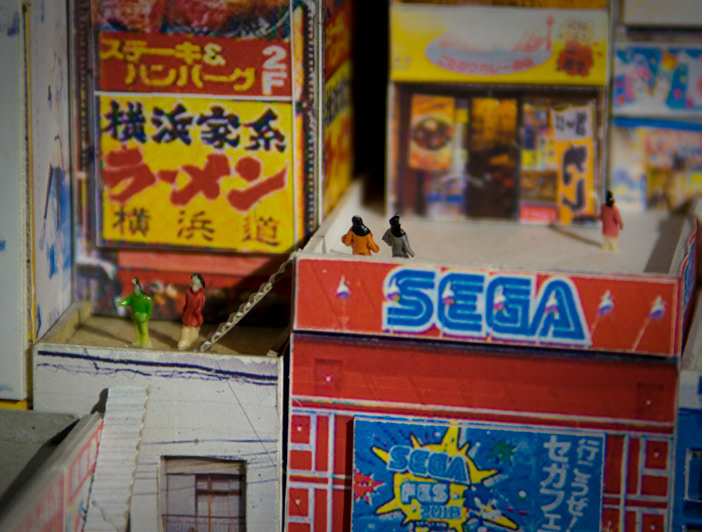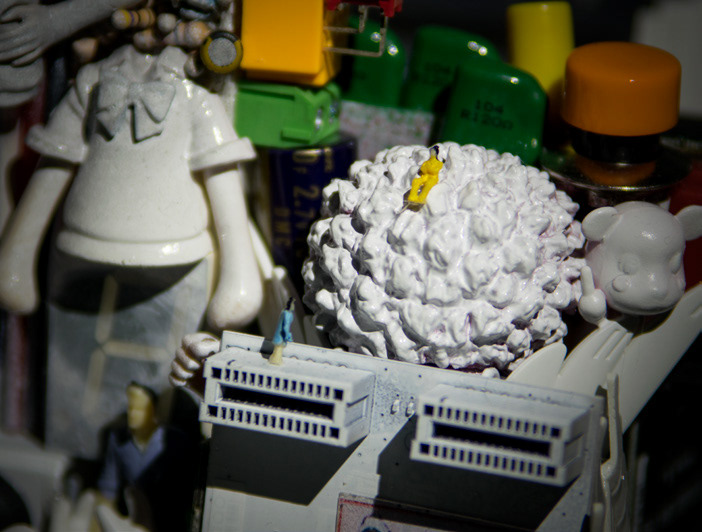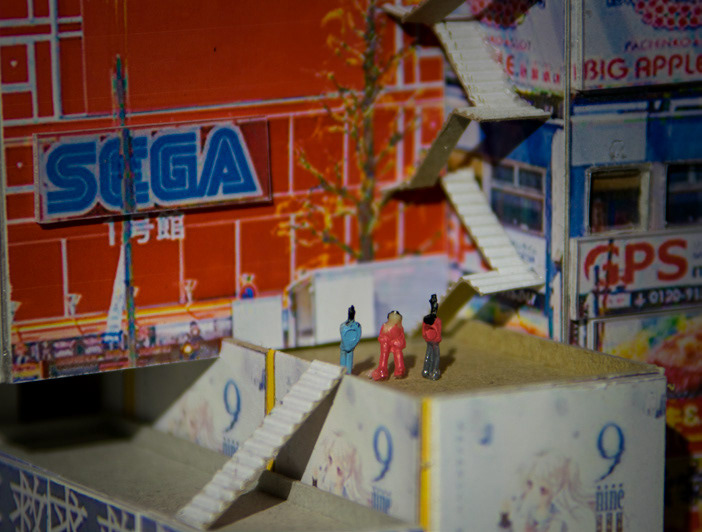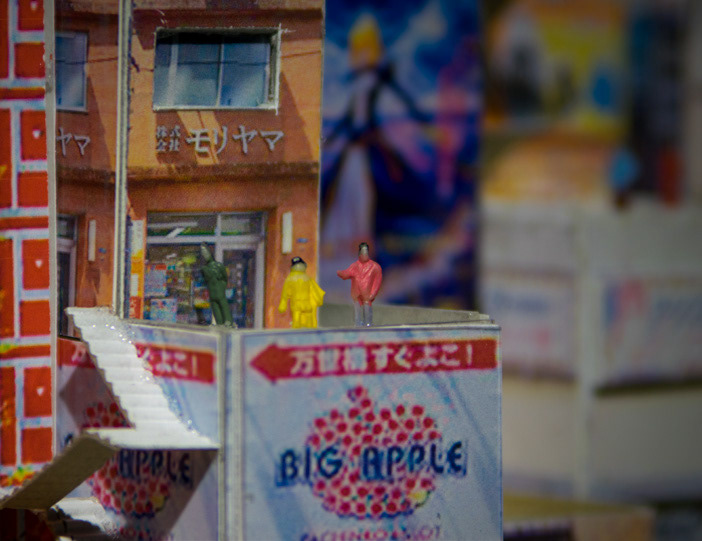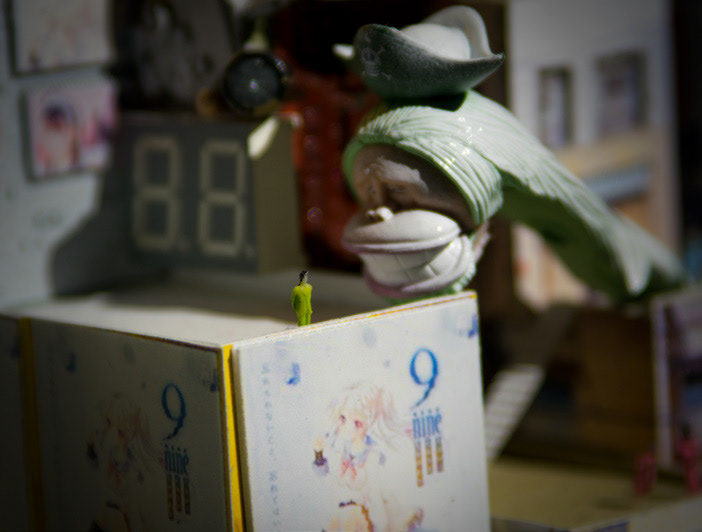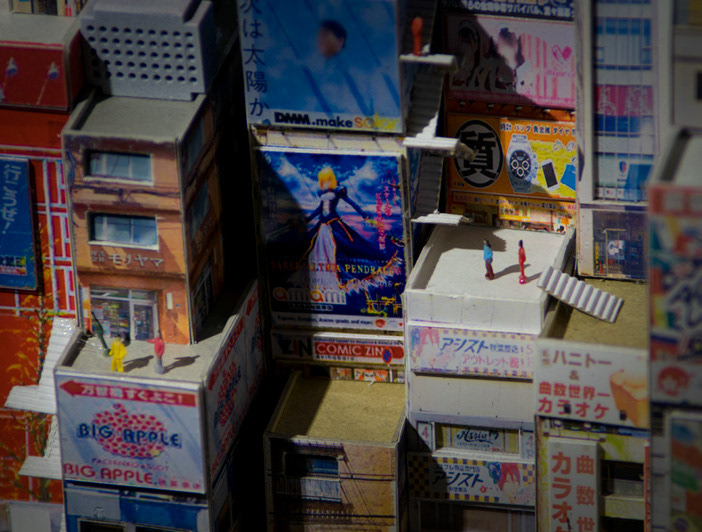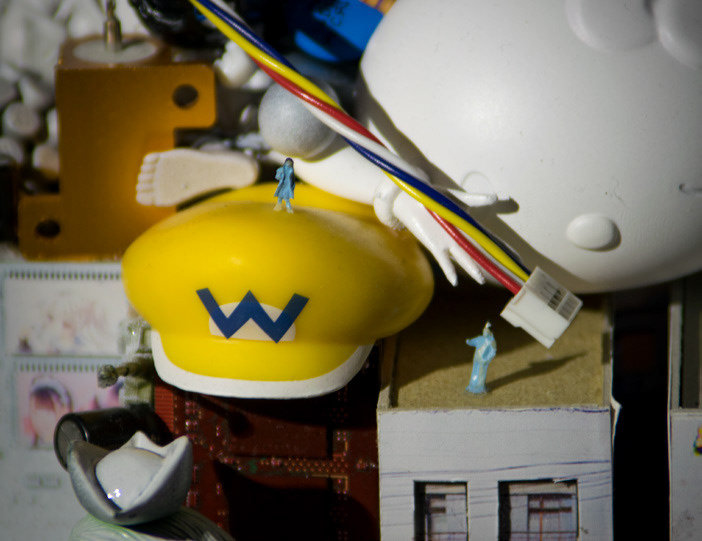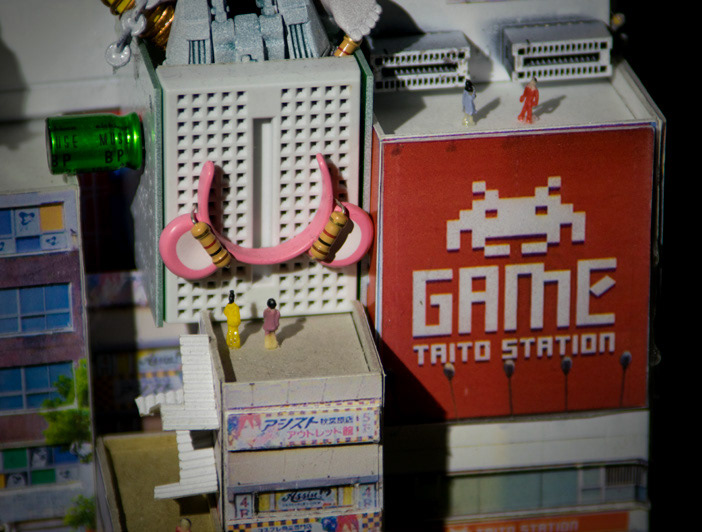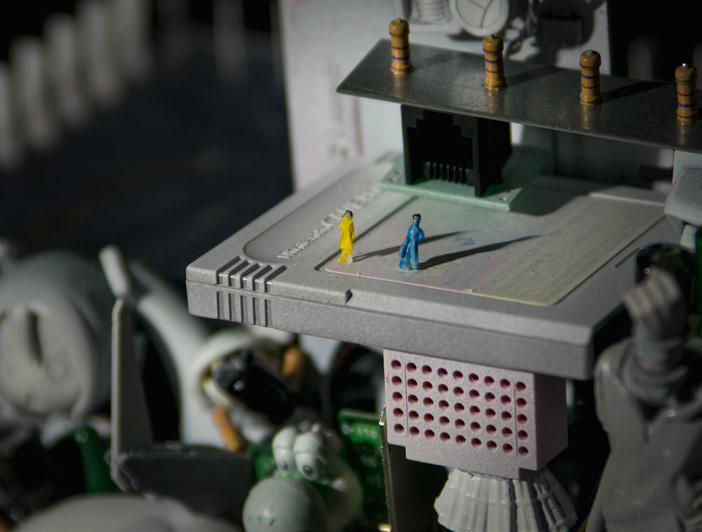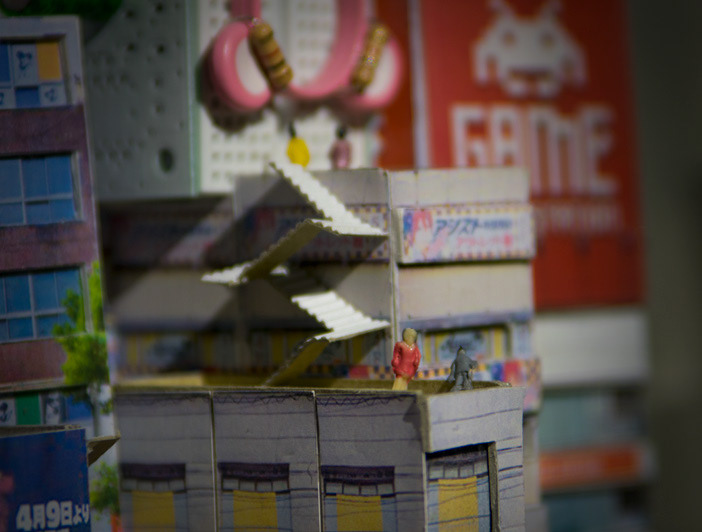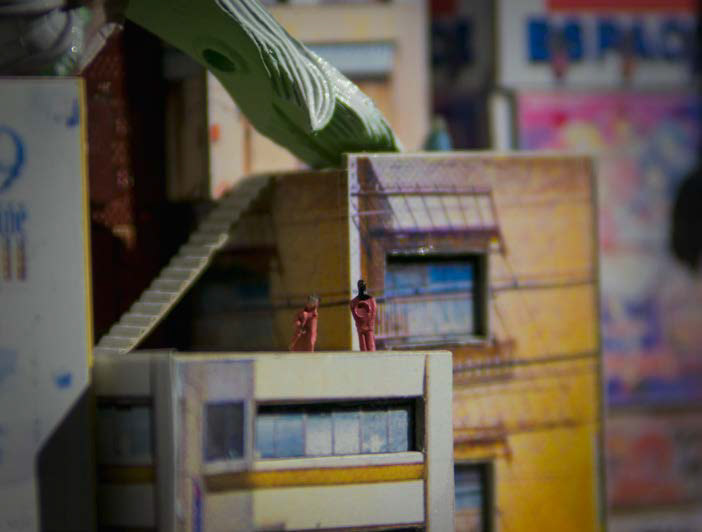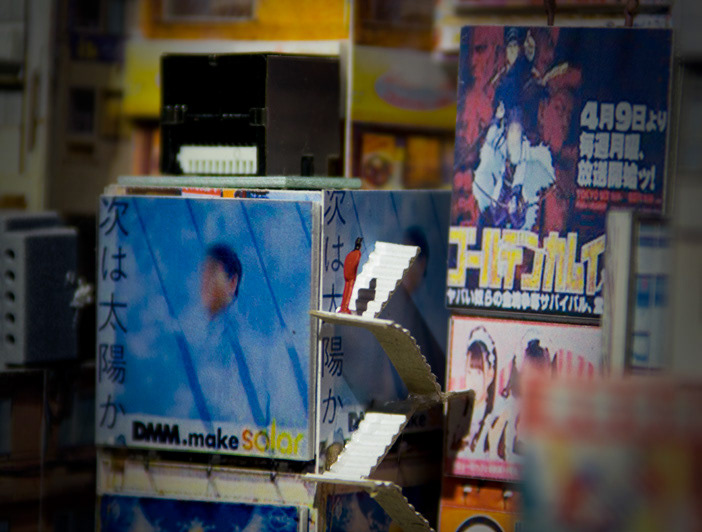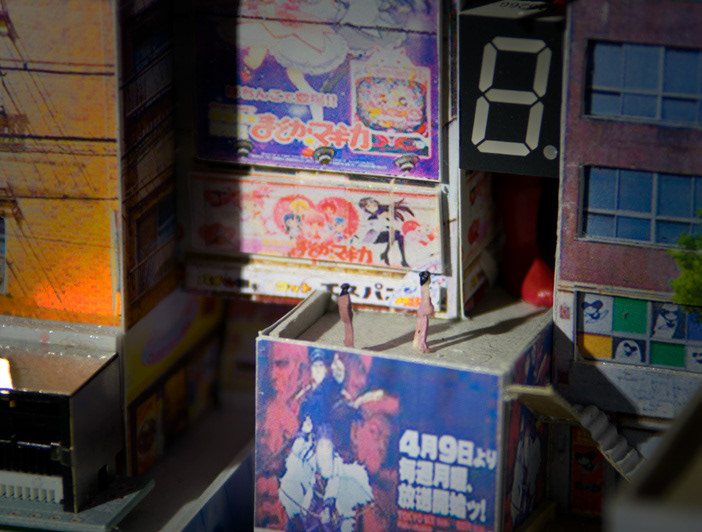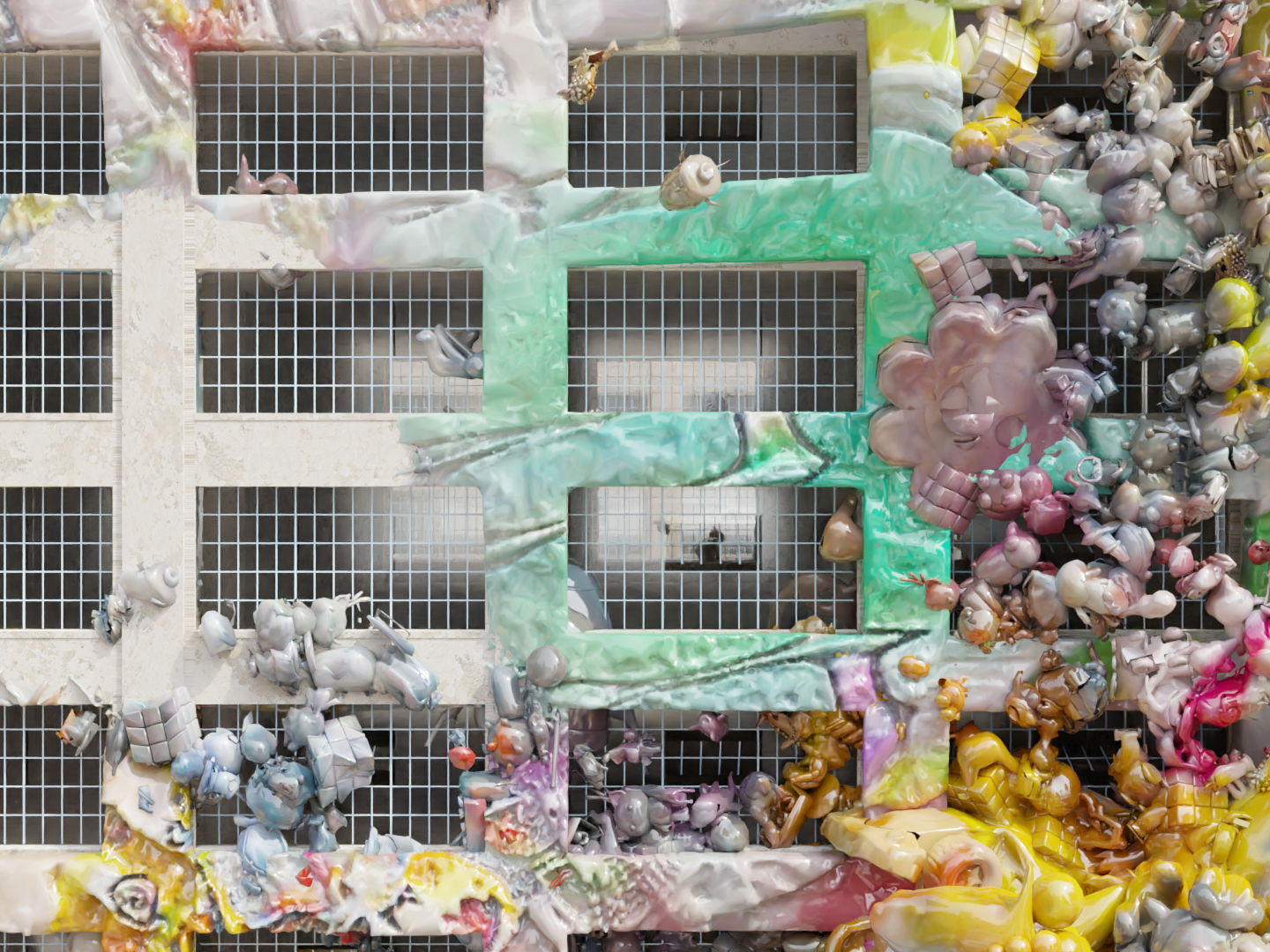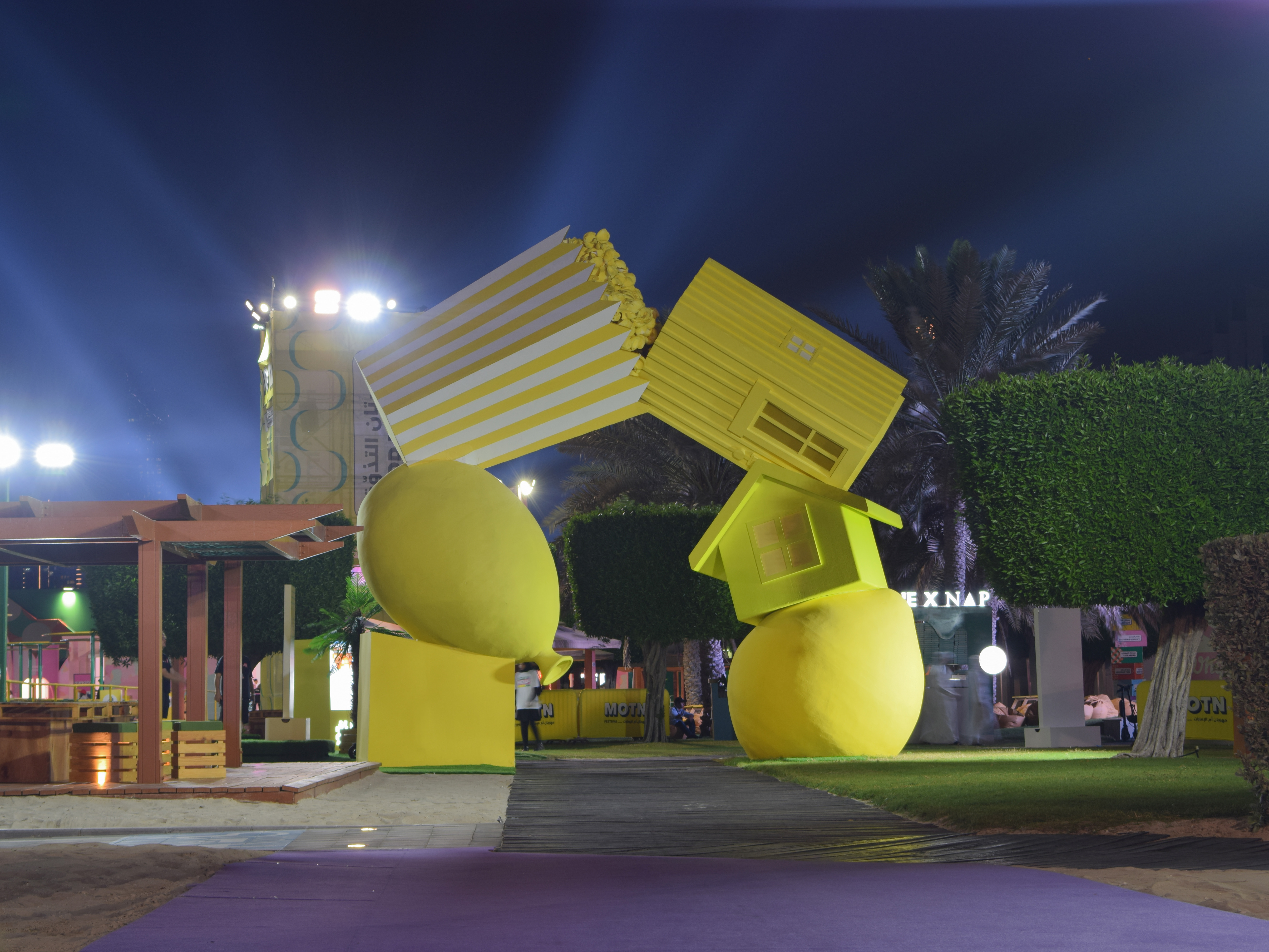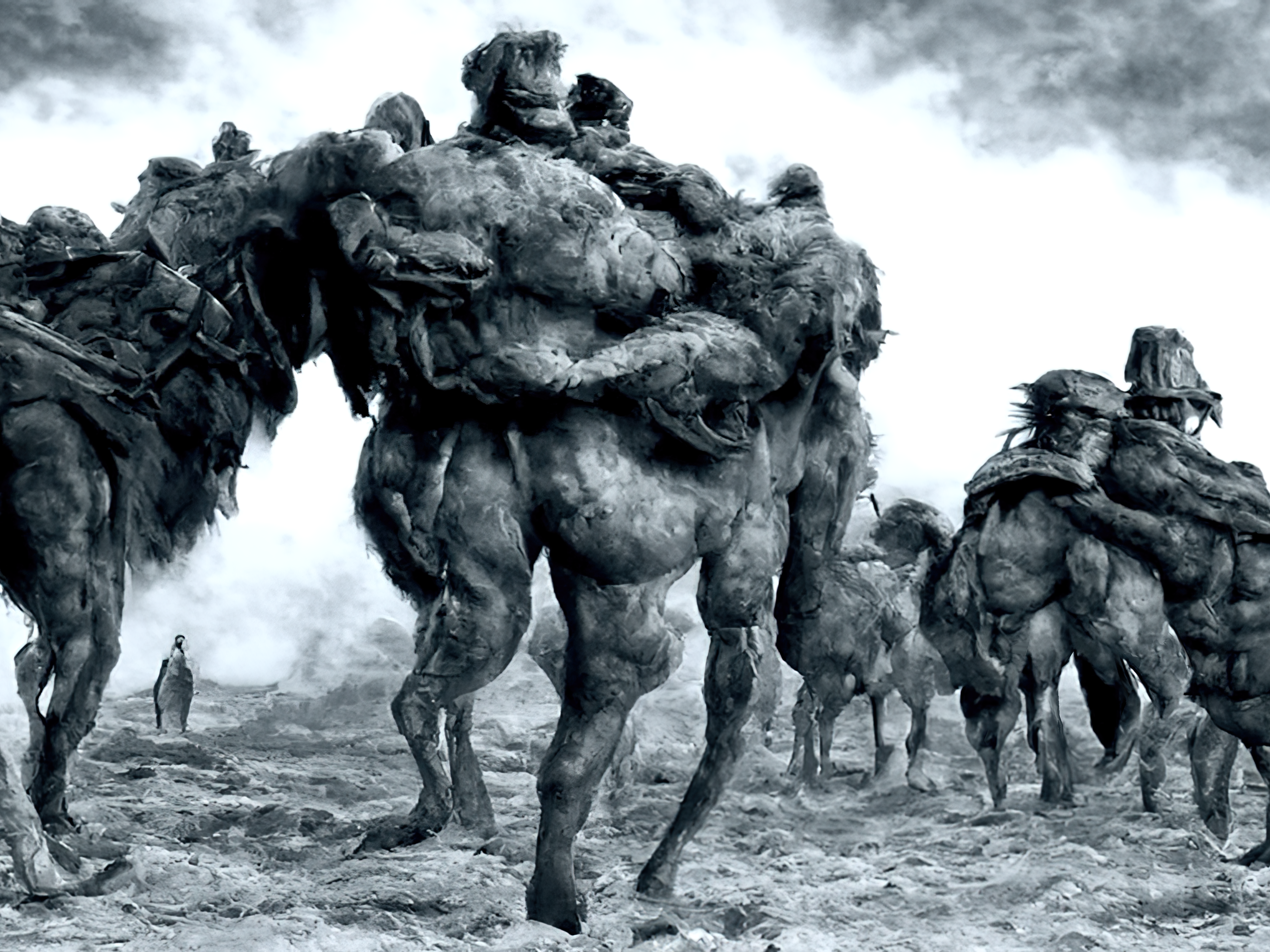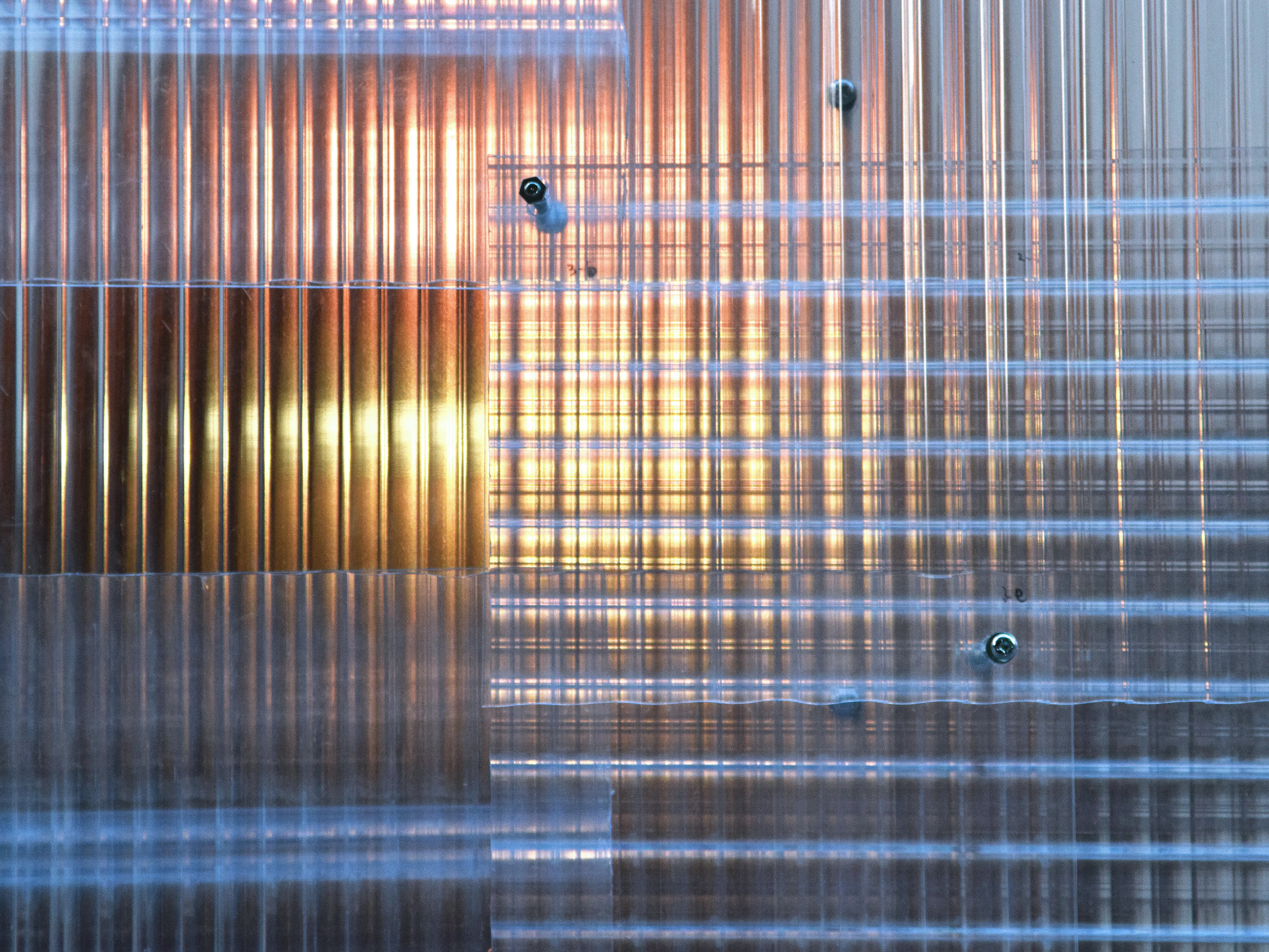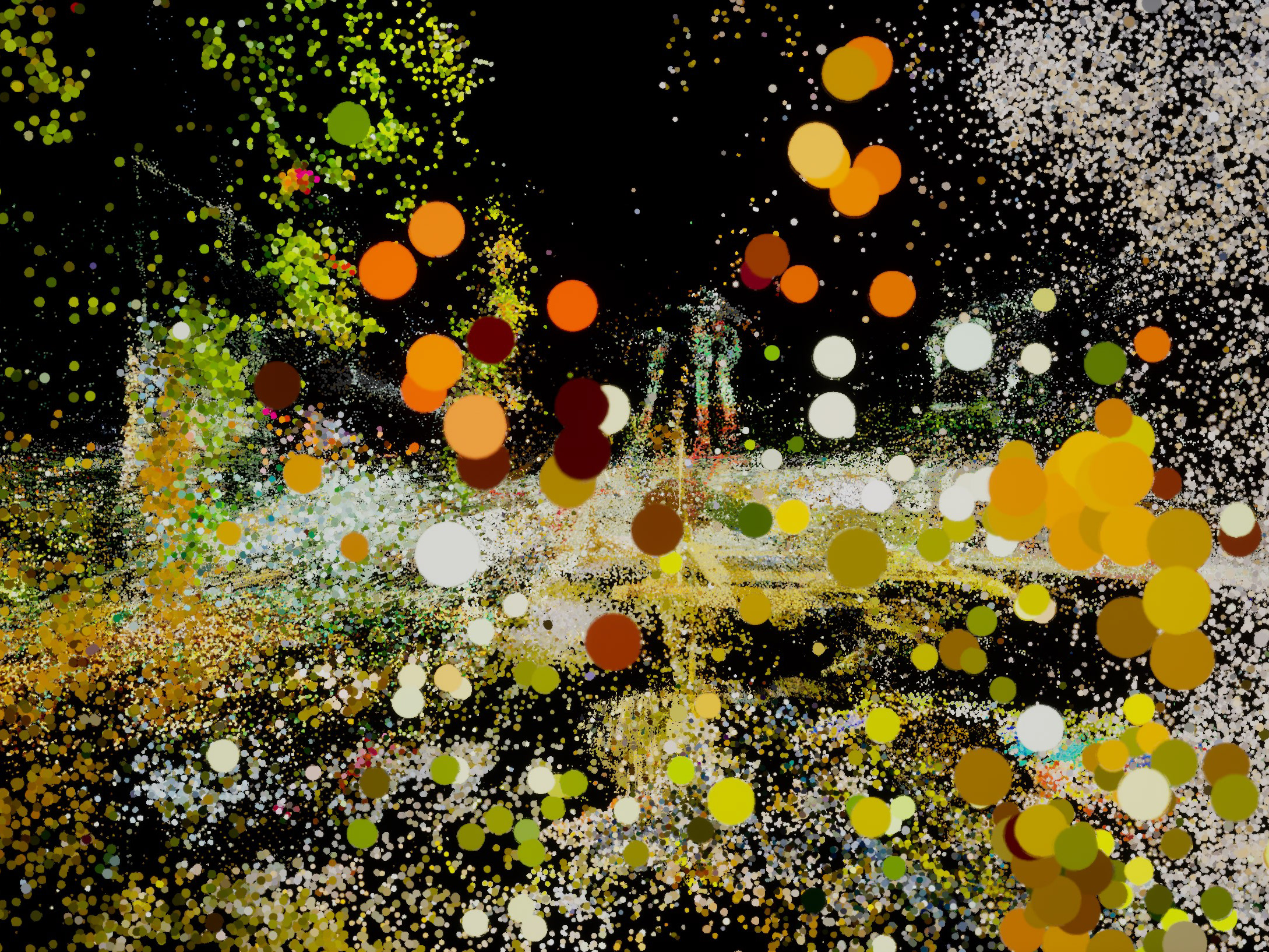Akihabara is a city where the desires of many different people swirl together.
Akihabara, one of the world's leading "otaku culture" cities, is bustling with people from all walks of life, including otaku, couples, office workers, and tourists. However, there are many redevelopment projects underway that have the potential to consume Akihabara's culture and a certain sensuality as capital. Someone is remaking the city for himself, and many people are just staring at it blankly, oblivious to what is going on.
This project aims to turn the town of Akihabara into a theme park, and to acquire an aesthetic for the future beyond the current redevelopment. As we accelerate the frivolous treatment of otaku culture and the repetition of the profit-driven reference plane, a new legitimacy emerges in the landscape.
Whose city is it? What is beyond, and who is there?
Redevelopment and Desire of Akihabara
Otaku people, who go back and forth between virtual space (fiction) and physical space (reality), have lost interest in real space. The world, which should be confined to the individual's private room, appears in urban space and forms the city. The closed windows, lurid signs and facades, densely displayed products, the city has lost its sense of space. A city that has lost its sense of space has unintentionally created a new urban space. At the same time, the city has been transformed into an office district through largescale redevelopment around 2006, and into a tourist destination for the 2020 Olympics. Office and hotel developments, which are constructed by acquiring a cluster of multi-tenant buildings, mass-produce homogenous floors and rooms to satisfy their own desires, losing or symbolizing and diluting the individuality of the city. The two are never at odds with each other, but at the same time, they are fellow countrymen who have decided to be indifferent to space. True to their desires, people who have abandoned their interest in space are reorganizing the city. The multi-tenant building in Akihabara is full of personal tastes that are not conscious of others. People in Akihabara have no interest in space with others, such as narrow entrances, closed windows, and overcrowded product displays, and they accumulate independently of each other. Eventually, they lost their meaning, were symbolized, and became objects of animal consumption. Simultaneously as the symbolization of Akihabara's culture, redevelopment has led to the emergence of hotel and office buildings that repeat a homogeneous reference plane. It looks in contrast to the miscellaneous landscapes around it, but it is the same in the sense of indifference to others and space., Akihabara, which has a large number of symbols such as radios, home appliances, personal computers, nerds, office districts, and tourist spots, swallows everything according to capitalism. Any state is allowed there anymore. What will the city look like in the future, including all relationships, both conflicts and connections? Can it be someone's city or anyone's city? Therefore, in this project, architecture is created by ignoring the properties and relationships of objects and connecting them. By collecting the objects of Akihabara, the meaning is diluted while making you feel like Akihabara, and it can be interpreted as different.
Turning Akihabara into a Theme Park
While losing interest in and sense of space, the development of symbolic culture, ubiquitous desire and real estate accelerates. In order to satisfy their own desires, huge volumes surround the city of Akihabara and form a closed theme park. While offices and hotels relentlessly produce floors in pursuit of economic efficiency, subcultural desires are directed to the inner city, turning the city into a theme park. In the closed world, no one pays any attention to the real world, and the city is filled with individual hobbies that amplify the nature of Akihabara for each person. In the theme park of Akihabara, visitors can immerse themselves in the world they desire, surrounded by the world of Akihabara. Immersing oneself in one's own world makes one lose interest in others and plunges into a cycle of becoming more and more involved in the world. The individual's worldview creates the city, and the city amplifies the worldview. The urban experience here is an addiction. People who have entered the world continue to consume without being aware of what is happening in the city. The city swallows up everything, but what and who is there beyond?
Collage Every Element of Akihabara
This architecture is created by cutting and pasting the desires of Akihabara incessantly. Each individual has his or her own personality and creates chaos in Akihabara, but these personalities are separated from their contexts and only accumulate in a dense manner. In the process, the individuality is symbolized and begins to lose its meaning.
Like people who consume symbolic individuality like animals, this architecture simply absorbs what is in front of it to an extraordinary degree. Arbitrarily selected objects are stripped of their meaning, connecting and disconnecting to create a whole. There are no rules or laws, and anything is allowed to happen.
Like people who consume symbolic individuality like animals, this architecture simply absorbs what is in front of it to an extraordinary degree. Arbitrarily selected objects are stripped of their meaning, connecting and disconnecting to create a whole. There are no rules or laws, and anything is allowed to happen.
